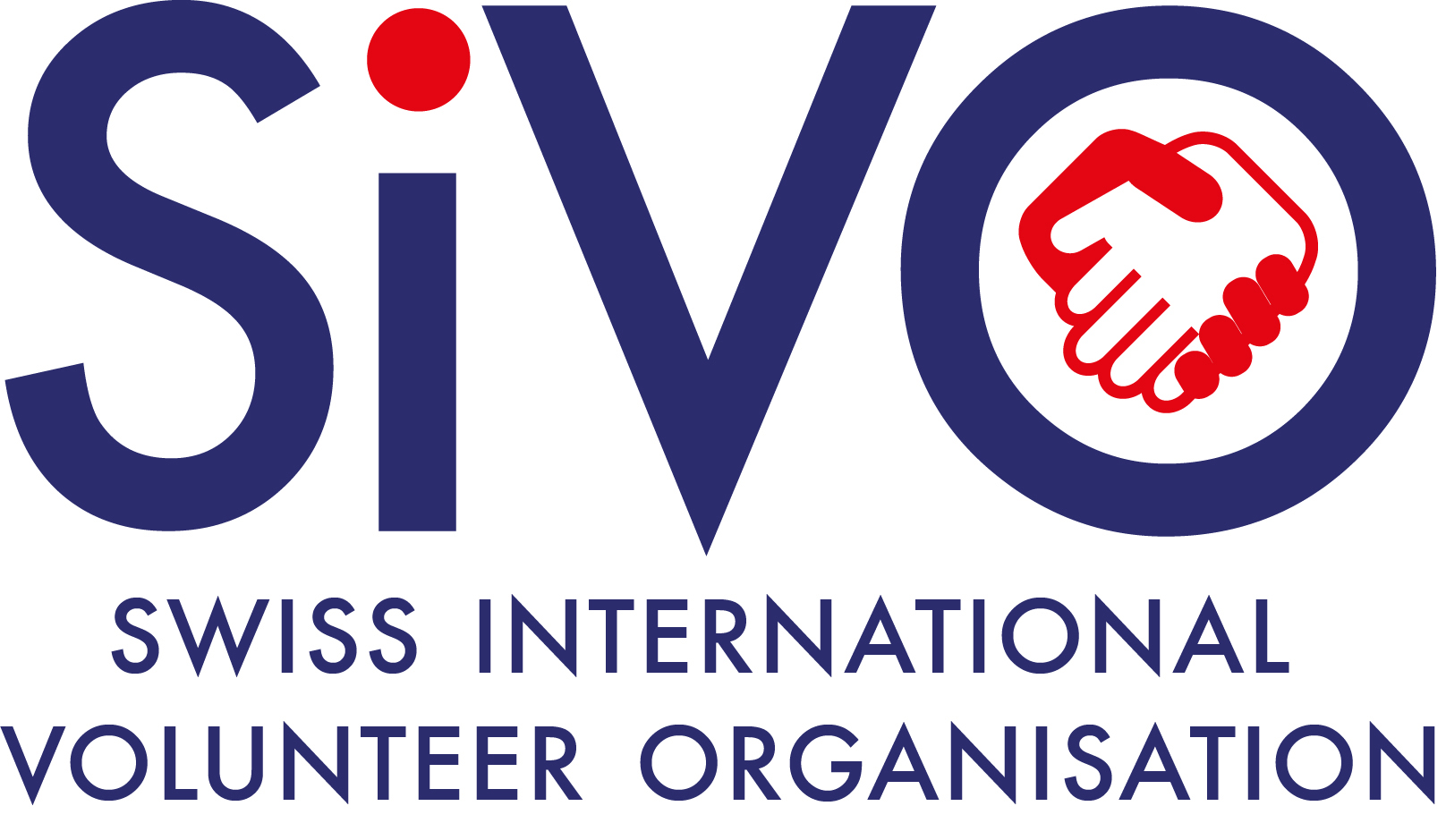By Alessandra Godderidge
Edited by Lucy Ferguson, WordHouse
SIVO included corporate volunteering among its key programmes in 2017. This was motivated by the increasing desire of companies to devote part of their employees’ time to voluntary work.
Corporate volunteering is defined as “the scenario in which a group of employees partake in social activities on a voluntary basis. That is, charitable as well as community-improving initiatives. Above all, this form of volunteering is part of a company’s CSR [Corporate Social Responsibility] policy.”[1]
“SIVO sees corporate volunteering also as an excellent opportunity to help and support the integration of international professionals coming to Switzerland,” says Evelin Bermudez, SIVO’s president. Volunteering gives international professionals the opportunity to make a positive contribution to their community, as well as to acquire new social, professional, and local language skills.
Employers have noticed that volunteering not only supports their company culture, but it is also becoming more important for potential employees. Individuals are increasingly selective about the companies they work for and are applying broader selection criteria, including the company’s image, environmental responsibility, and social engagement. According to Undercover Recruiter, “with businesses increasingly competing for top talent, Corporate Social Responsibility could be the deciding factor for a potential new employee considering applying for a role in your company.”[2]
Some of the key lessons learned by SIVO on our journey as a bridge-builder between the private sector and non-profit organisations (NPOs) are:
- Corporate volunteering programmes need endorsement from higher management and to be integrated into company culture.
- Programmes need to be set up for the long term, not the short term — corporate volunteering is sometimes seen as a stand-alone event or team-building activity. However, corporate volunteering goes far beyond this: it needs to involve a long-standing commitment and to be engrained in the company’s values.
- NPOs have limited resources and are more likely to be willing to engage with companies if corporate volunteering is seen as a long-term or developing commitment and not a one-time activity.
- A well-set corporate volunteering programme takes time — it must complement the company’s strategy, find the right NPO(s) to partner with, and incorporate a strong commitment from both sides.
- Volunteering is contagious —an employee who has had a positive experience while volunteering will motivate other employees to participate in similar programmes.
- Companies that have corporate volunteering programmes support the integration of their foreign employees.
- Volunteering supports people’s sense of belonging!
It’s nice to volunteer time; it’s professional to do it when and where it makes sense.
About SIVO’s Corporate Volunteering Programme:
Our aim at SIVO is to support companies and NPOs in finding the right match to create long-standing and sustainable corporate volunteering programmes. For more information and questions, you can contact us at corporate-volunteering@sivo.ch.
[1]. “Corporate Volunteering,” Optimy Wiki (blog), July 31, 2017, accessed January 11. 2019, https://wiki.optimy.com/corporate-volunteering/, para. 1.
[2]. Gill Buchanan, “Communicating Your Company’s Social Responsibilities to Enhance Employer Brand,” Undercover Recruiter, accessed January 11. 2019, https://theundercoverrecruiter.com/companys-social-responsibilities/, para. 1.
Comments are closed.

